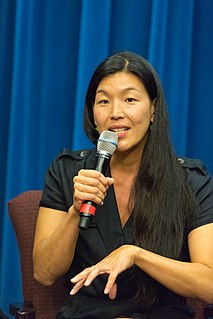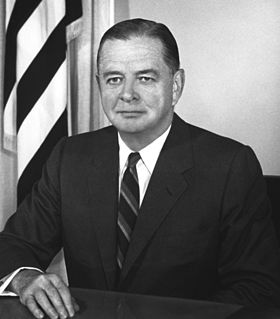A Quote by Peter Drucker
In the knowledge economy everyone is a volunteer, but we have trained our managers to manage conscripts.
Related Quotes
Today it's fashionable to talk about the New Economy, or the Information Economy, or the Knowledge Economy. But when I think about the imperatives of this market, I view today's economy as the Value Economy. Adding value has become more than just a sound business principle; it is both the common denominator and the competitive edge.



































